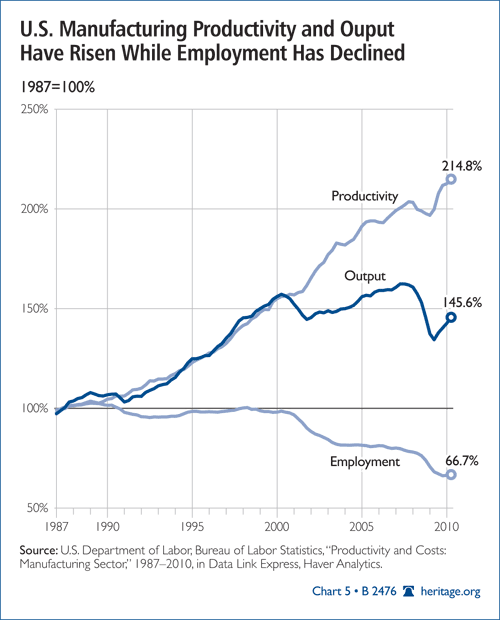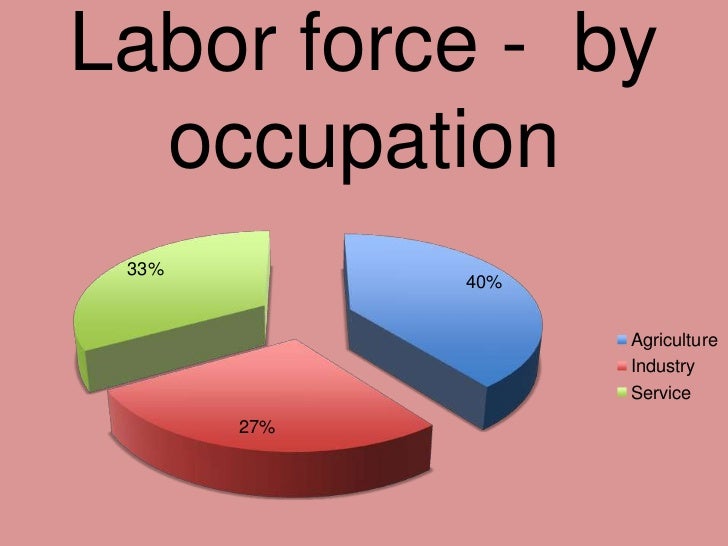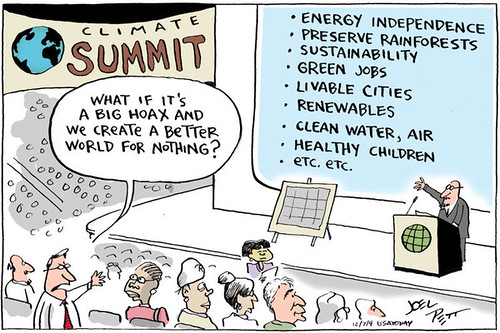cormack12
Gold Member
We had the Industrial Revolution years ago now which was the first wave of replacing human intervention in means of production and labour. Now we're entering the next generation of automation. Is anyone skeptical about how this would work?
The ultimate goal is of course replace the tasks that can be done by machines, with machines. A quick and dirty example here would be cashier desks.
Store currently employs 20 cashiers;
Store buys 50 express checkouts;
Store fires 15 cashiers (maybe all);
It is cheaper for the store to pay yearly maintenance on 50 'robots' than employ 15 full time employees;
The out of work employee's are then meant to retrain to support the 'robots' or change career into an industry that requires human input (e.g. customer service).
Which is fine. But ultimately the introduction of machines and AI is going to shrink the workforce. And I'm not even talking about complete replacement. Enough impact will be felt to actual humans to bomb the economy surely? We would live in an age where we could produce everything we need, faster than ever yet there would be a real shortage of jobs to enable people to afford the goods.
Previously, the industrial revolution only affected a very specific subset of society. Now it will affect that same small subset but has potential to take a chunk from other industries like cooking, security, basic AI driven healthcare, office administration checks on licenses etc.
The current generation is at a threat of being pushed out as transition ramps up. And it makes an assumption that there are enough people coming through with the aptitude or appetite to embrace the new roles and jobs created.
I haven't written too much as I'm at work, just opening the discussion up to see different viewpoints at the moment.
The ultimate goal is of course replace the tasks that can be done by machines, with machines. A quick and dirty example here would be cashier desks.
Store currently employs 20 cashiers;
Store buys 50 express checkouts;
Store fires 15 cashiers (maybe all);
It is cheaper for the store to pay yearly maintenance on 50 'robots' than employ 15 full time employees;
The out of work employee's are then meant to retrain to support the 'robots' or change career into an industry that requires human input (e.g. customer service).
Which is fine. But ultimately the introduction of machines and AI is going to shrink the workforce. And I'm not even talking about complete replacement. Enough impact will be felt to actual humans to bomb the economy surely? We would live in an age where we could produce everything we need, faster than ever yet there would be a real shortage of jobs to enable people to afford the goods.
Previously, the industrial revolution only affected a very specific subset of society. Now it will affect that same small subset but has potential to take a chunk from other industries like cooking, security, basic AI driven healthcare, office administration checks on licenses etc.
The current generation is at a threat of being pushed out as transition ramps up. And it makes an assumption that there are enough people coming through with the aptitude or appetite to embrace the new roles and jobs created.
I haven't written too much as I'm at work, just opening the discussion up to see different viewpoints at the moment.







